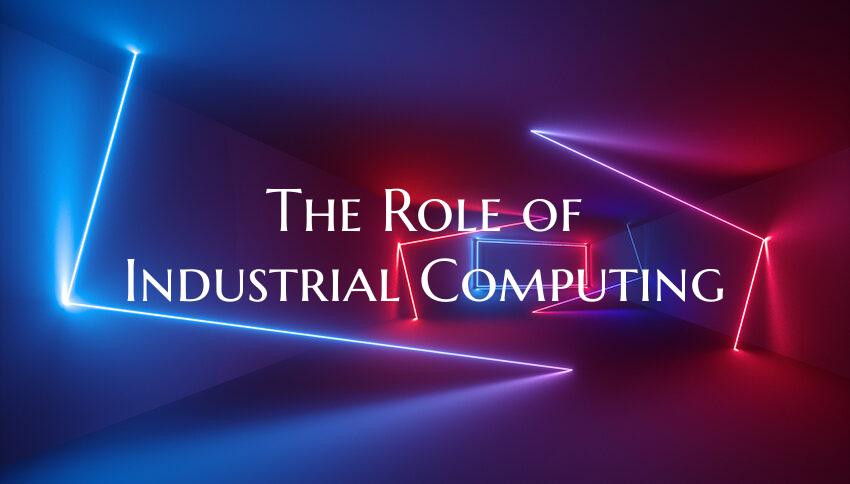The Role of Industrial Computing
In today's interconnected and data-driven world, the role of industrial computing has become increasingly important across various industries. Industrial computing refers to the use of computers, software, and networking technologies in the industrial sector to automate processes, monitor operations, and optimize efficiency. This integration of technology into industrial settings has revolutionized the way businesses operate, leading to increased productivity, better decision-making, and improved safety standards.
One key aspect of industrial computing is the use of real-time data processing and analytics. With the help of advanced sensors, Internet of Things (IoT) devices, and industrial control systems, businesses can collect massive amounts of data from machines and equipment on the factory floor. This data is then analyzed in real-time using complex algorithms to identify patterns, trends, and anomalies. By harnessing the power of data analytics, companies can make informed decisions, predict maintenance needs, and optimize production processes for better outcomes.
Another crucial role of industrial computing is in the realm of automation and robotics. Industrial robots are increasingly being utilized to perform repetitive tasks with precision and speed, thereby reducing human intervention and improving overall efficiency. These robots are controlled by sophisticated computing systems that enable them to work collaboratively with human operators or autonomously in a manufacturing environment. By automating routine tasks, industrial computing helps businesses streamline their operations, minimize errors, and enhance overall productivity.
Furthermore, industrial computing plays a vital role in ensuring the security and reliability of critical infrastructure. Industrial control systems, such as Supervisory Control and Data Acquisition (SCADA) systems, are used to monitor and control industrial processes in sectors like energy, water, and transportation. These systems rely on secure computing technologies to prevent cyber threats, safeguard data integrity, and maintain uninterrupted operations. By implementing robust cybersecurity measures and leveraging industrial computing solutions, organizations can mitigate risks and protect their assets from potential cyber attacks.
In conclusion, the role of industrial computing is indispensable in today's industrial landscape. From data analytics and automation to cybersecurity and system reliability, industrial computing technologies continue to drive innovation and transformation across various sectors. As businesses strive to stay competitive and agile in the digital era, integrating advanced computing solutions into industrial processes will be key to unlocking new opportunities for growth, efficiency, and sustainability.

